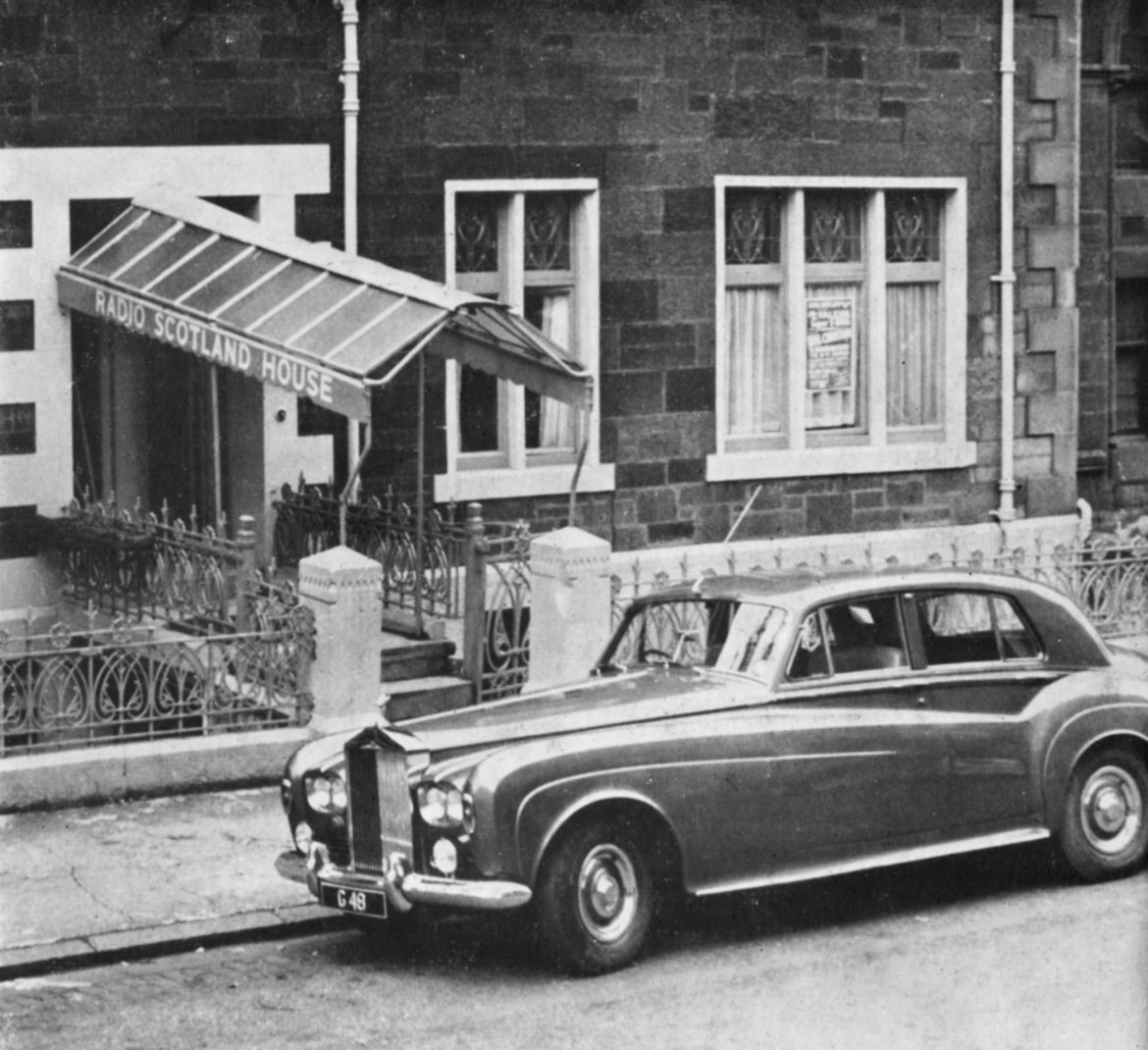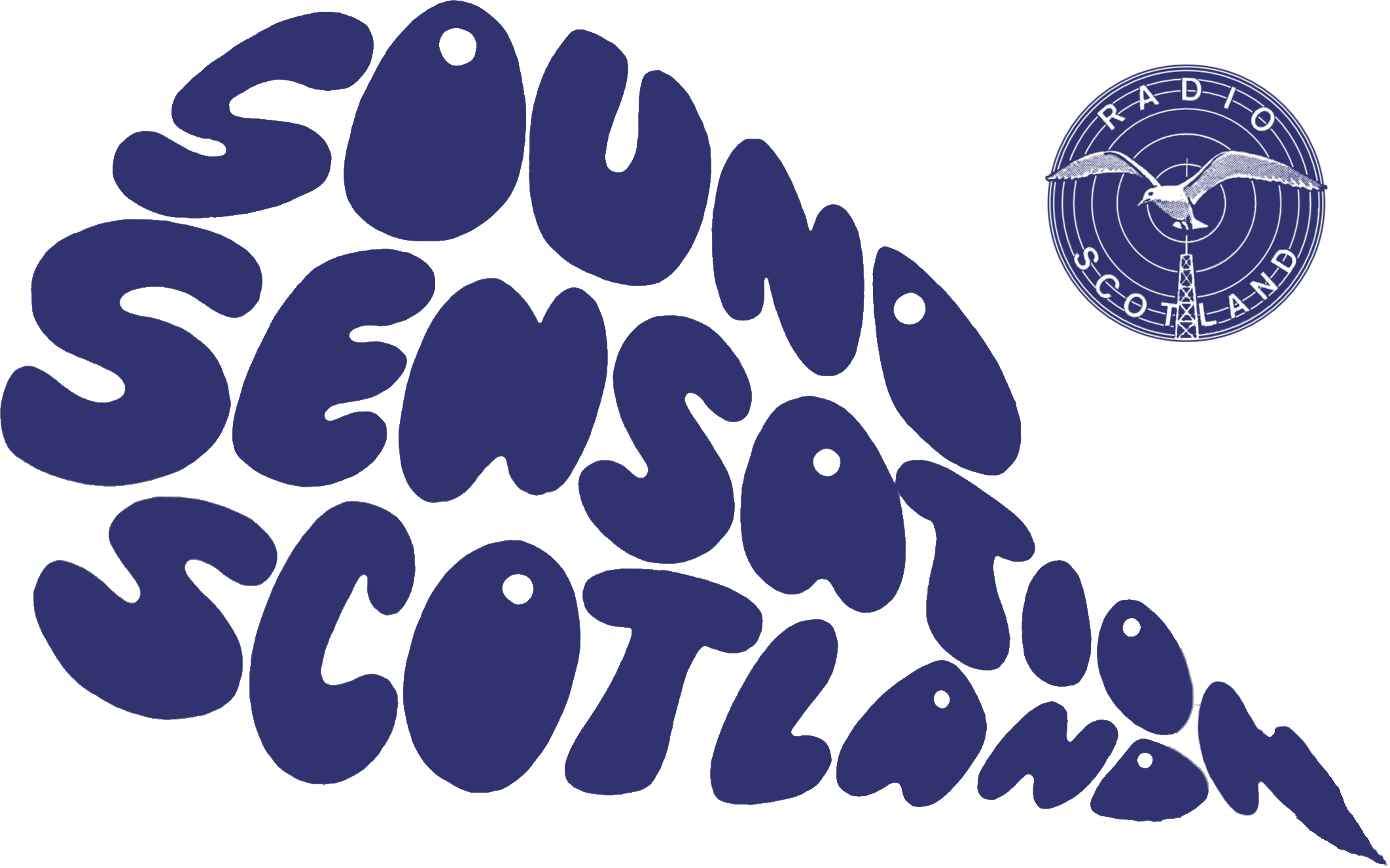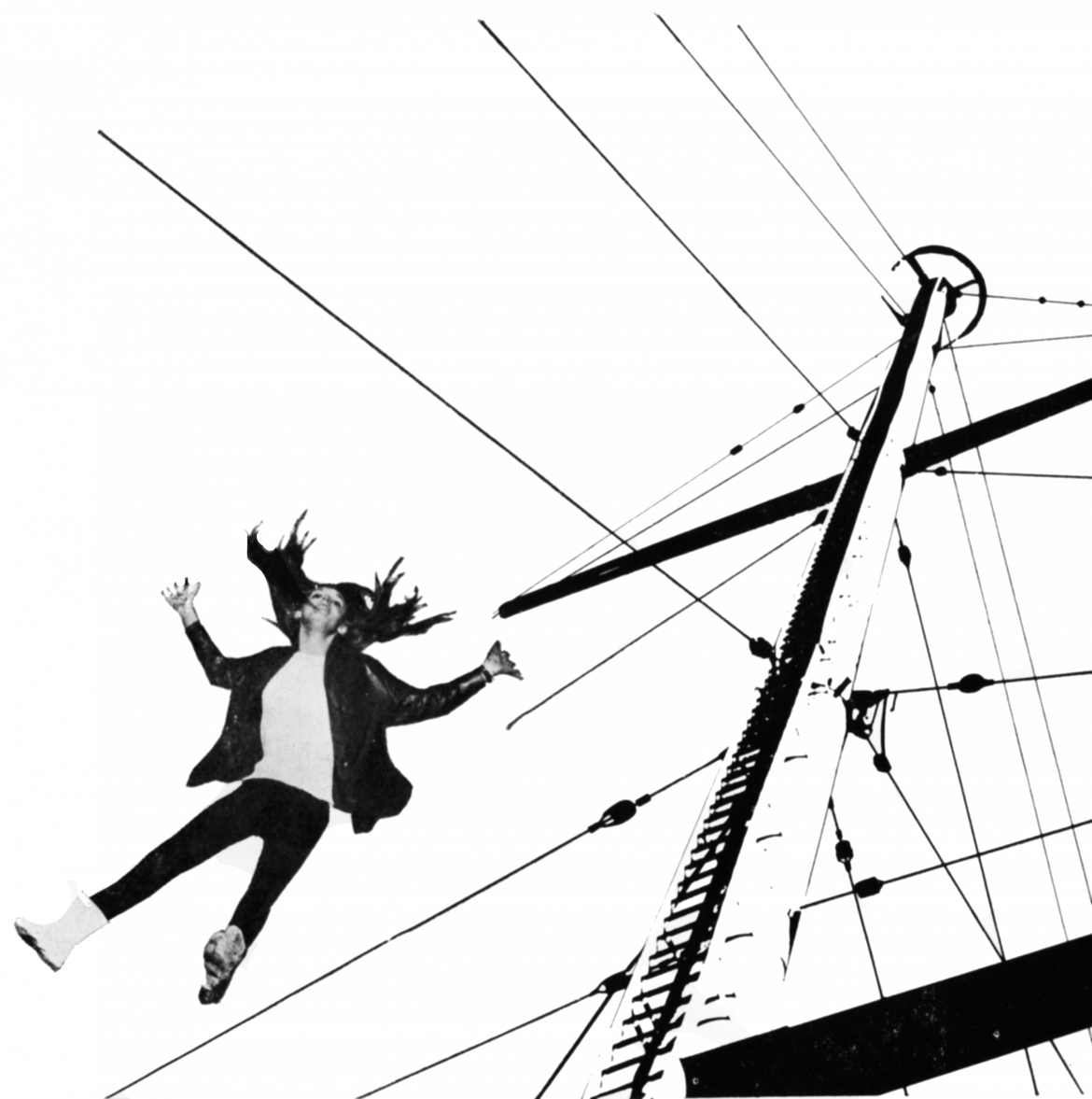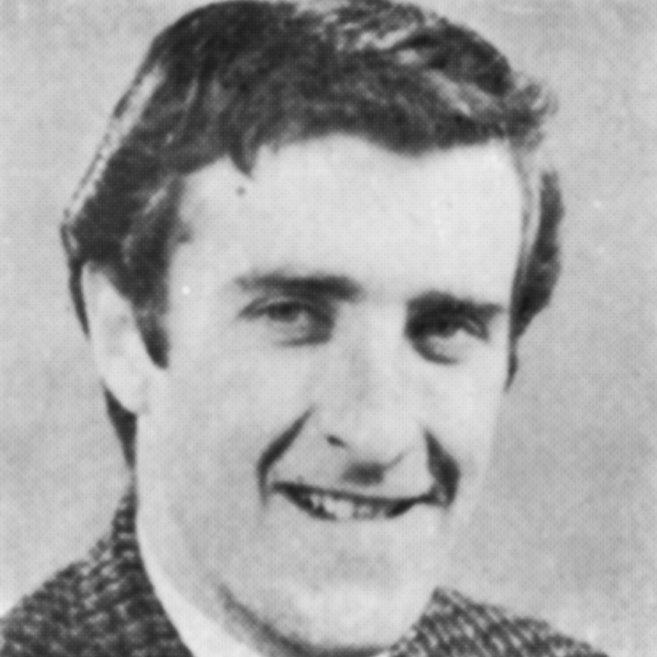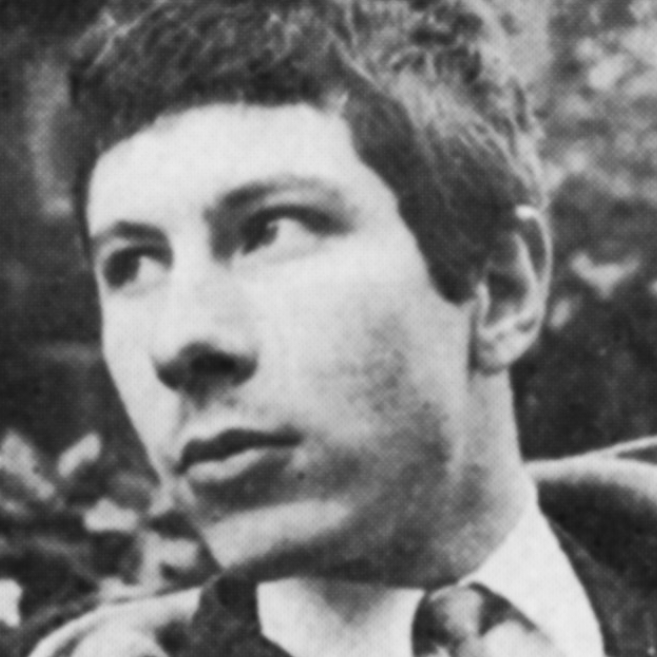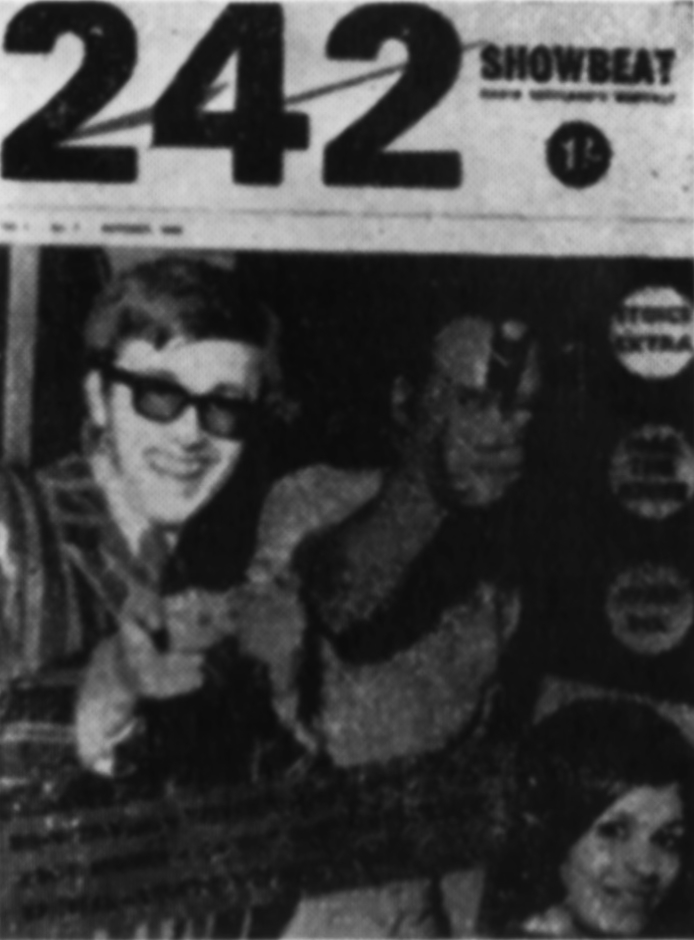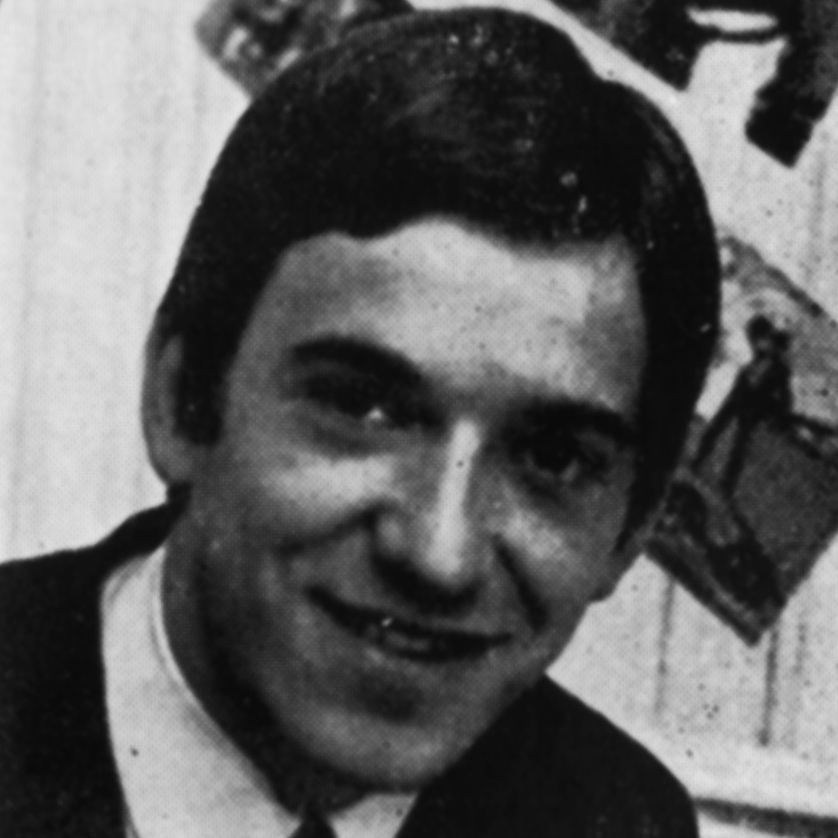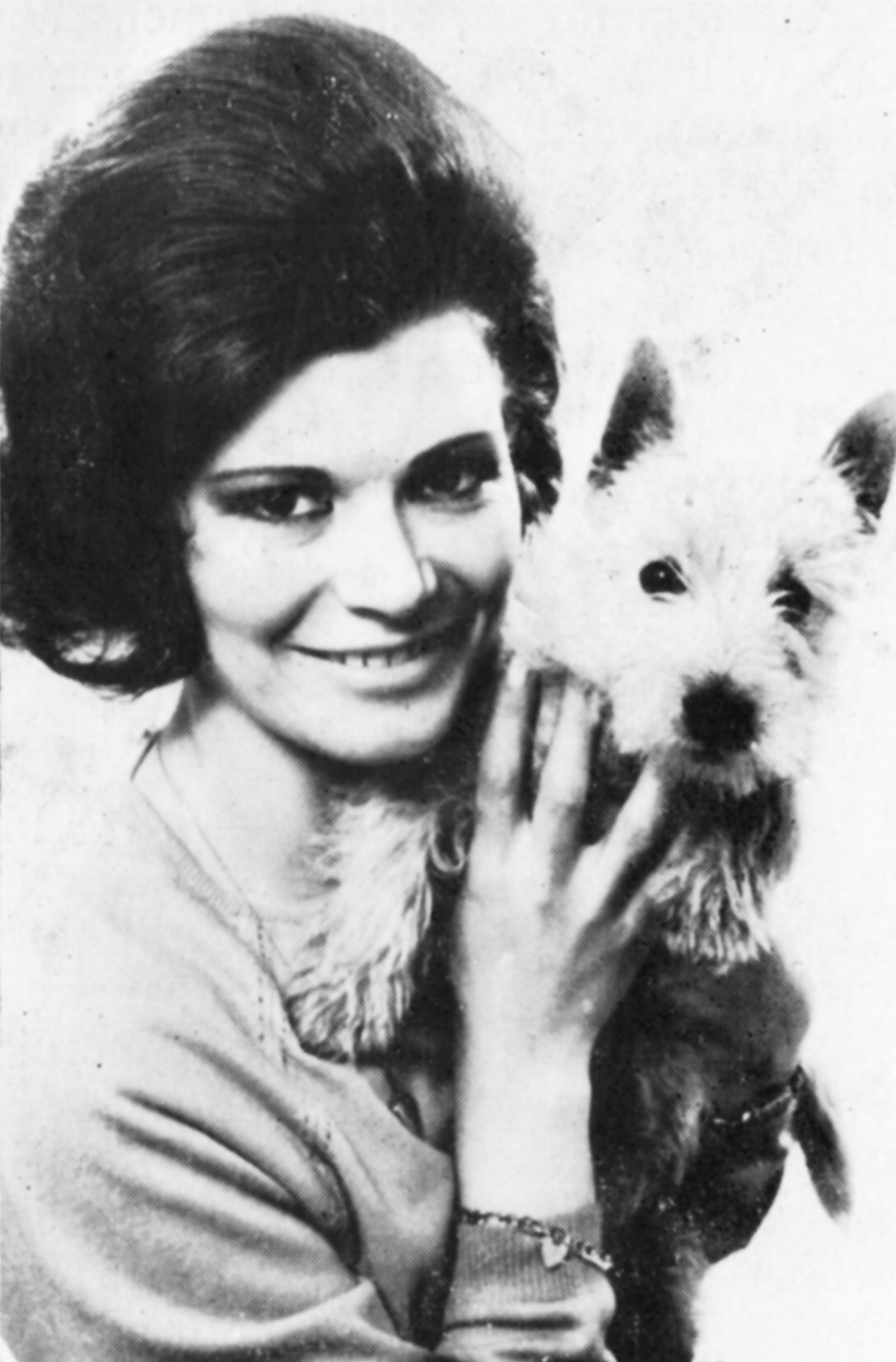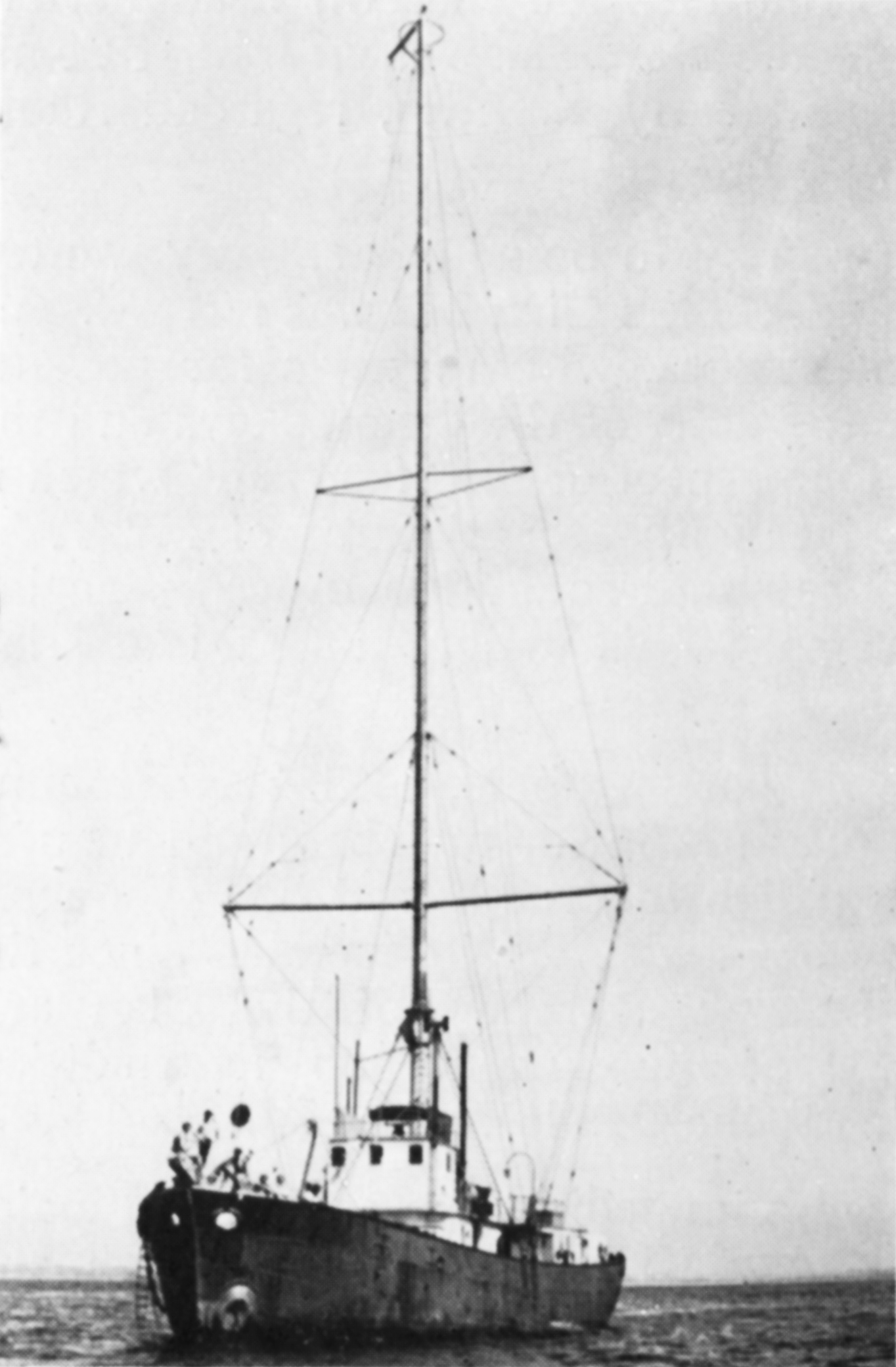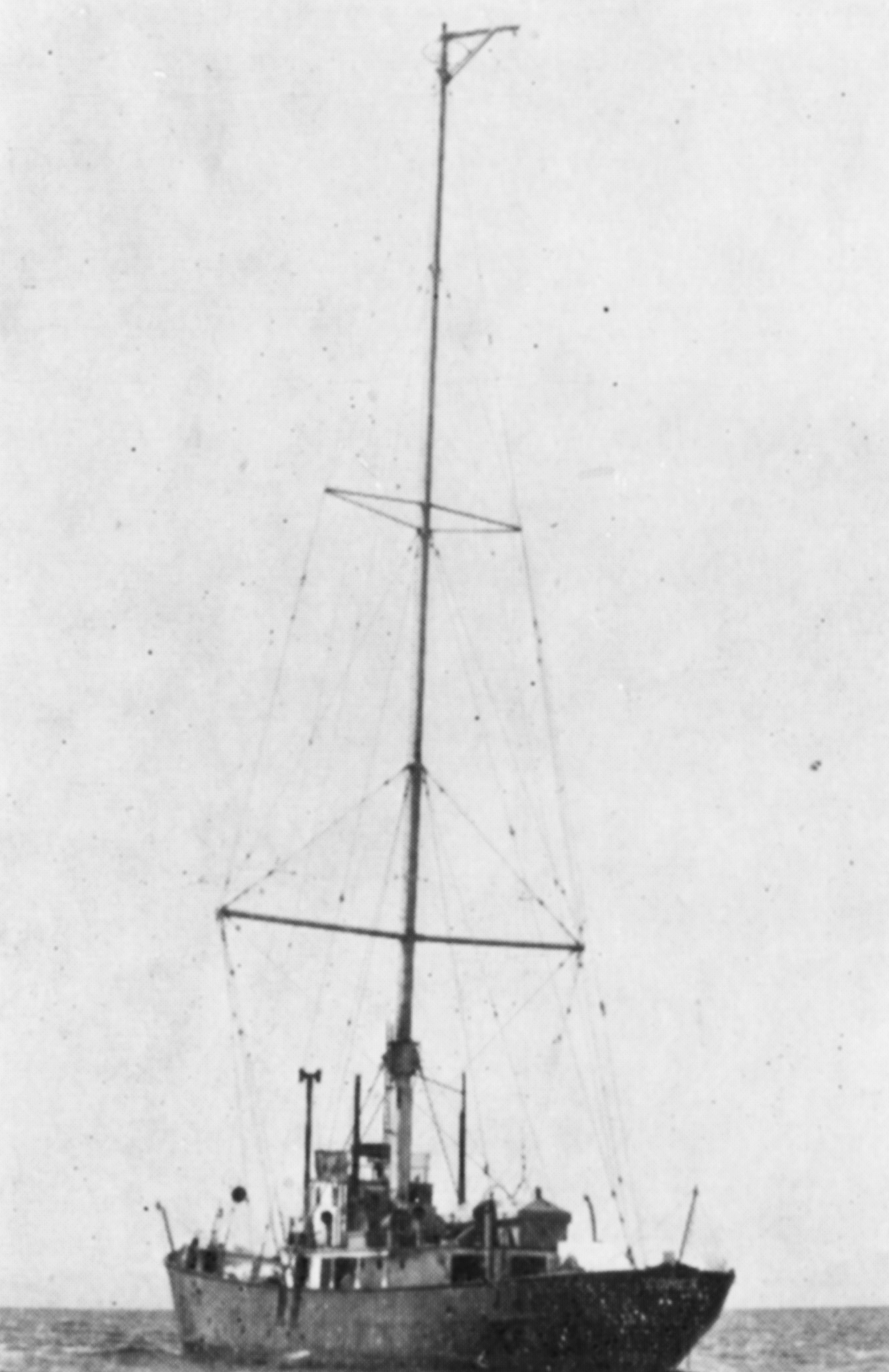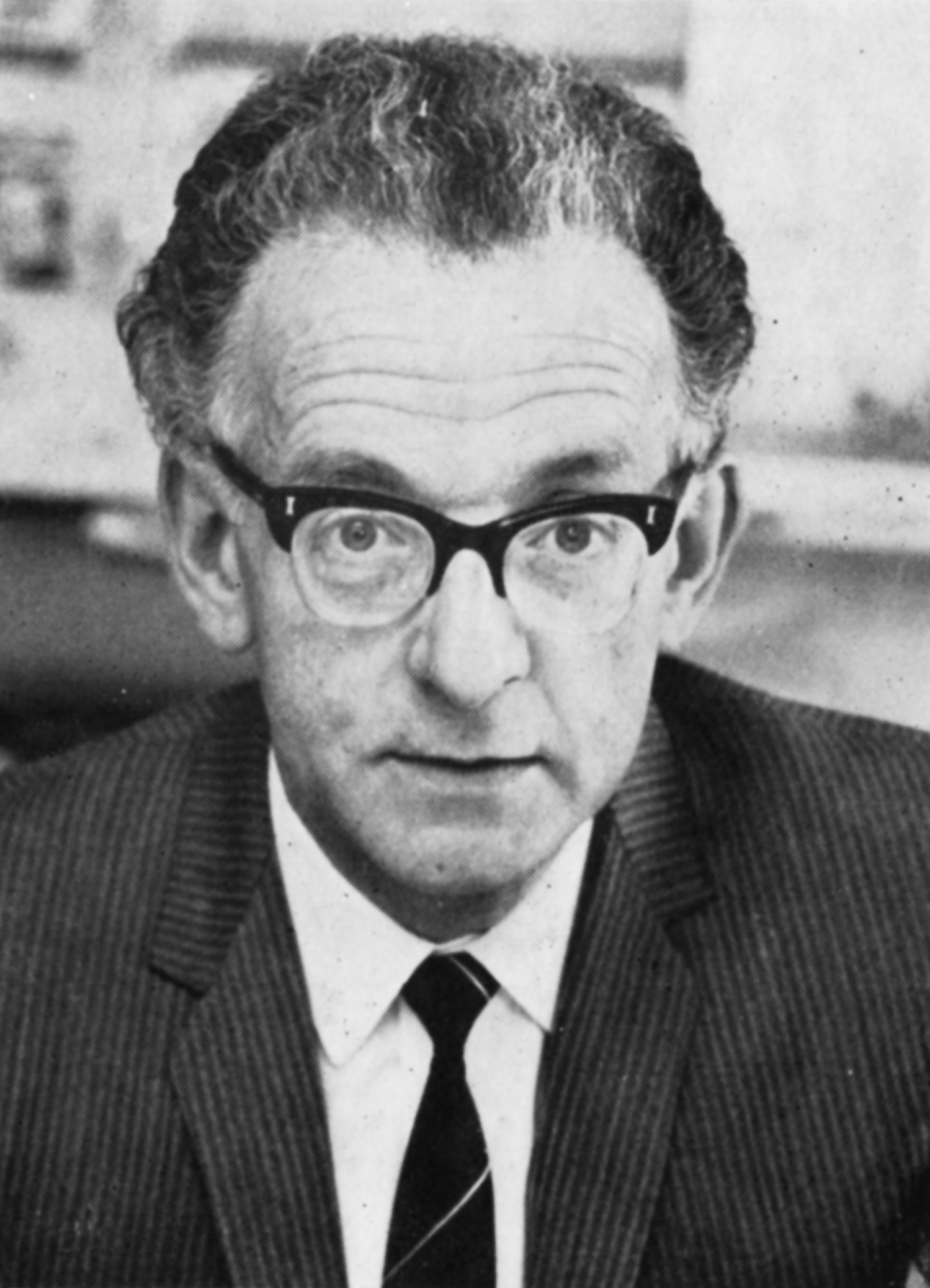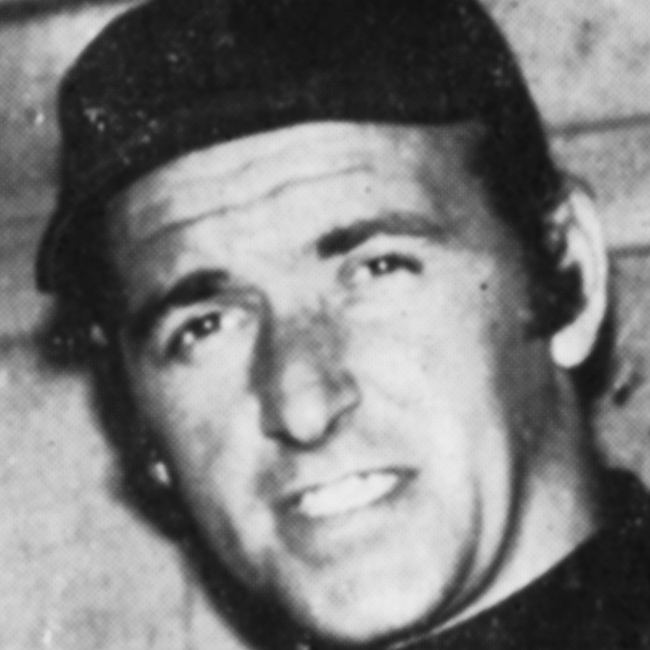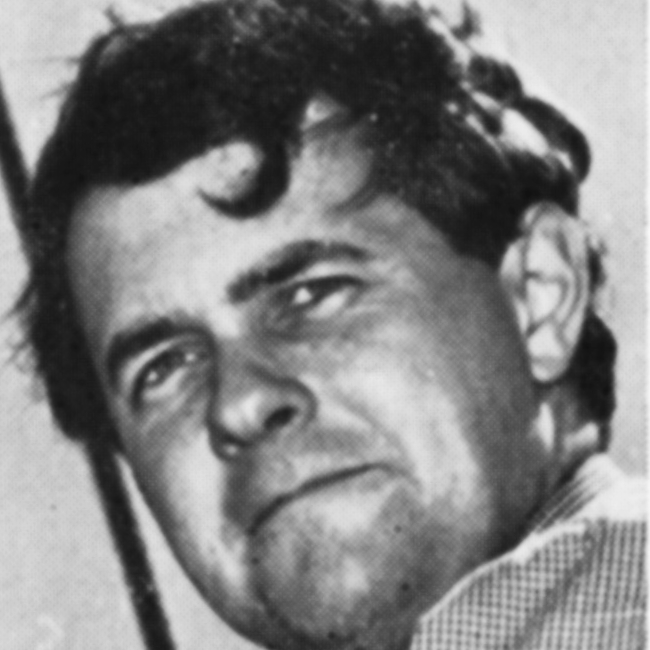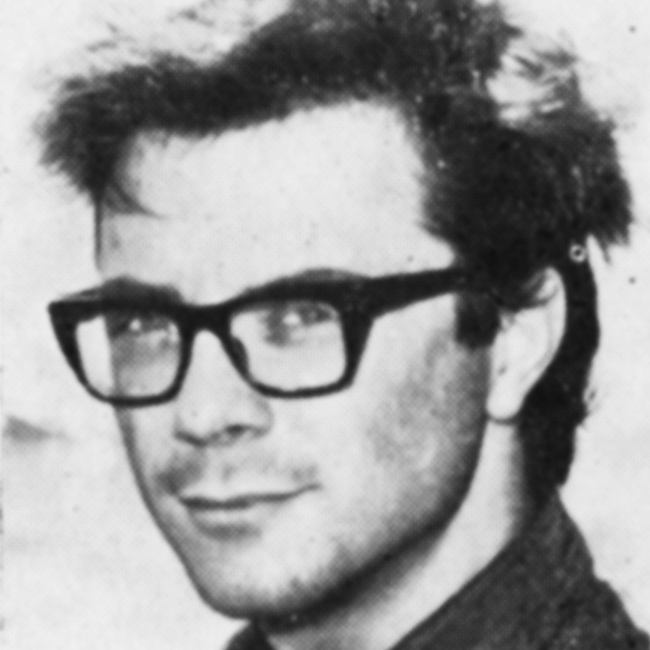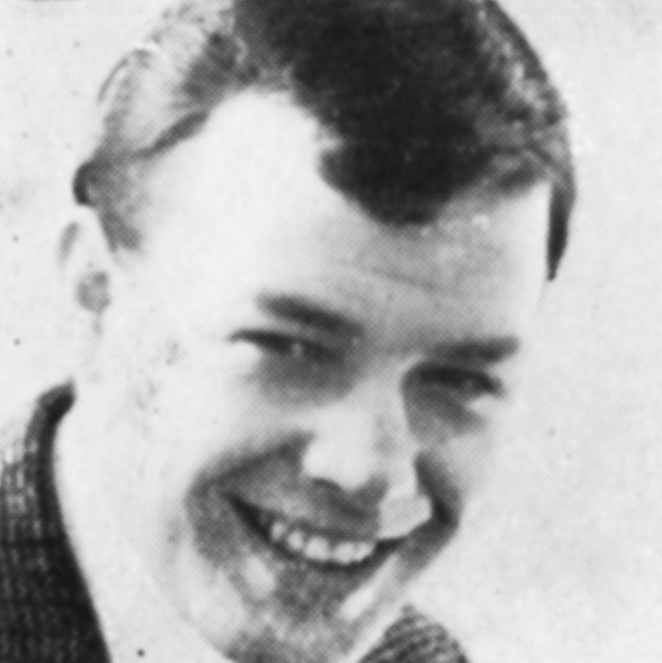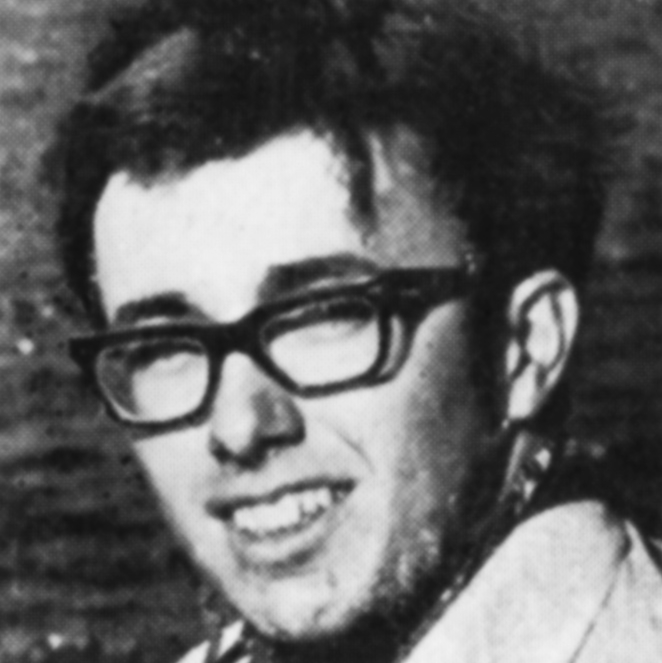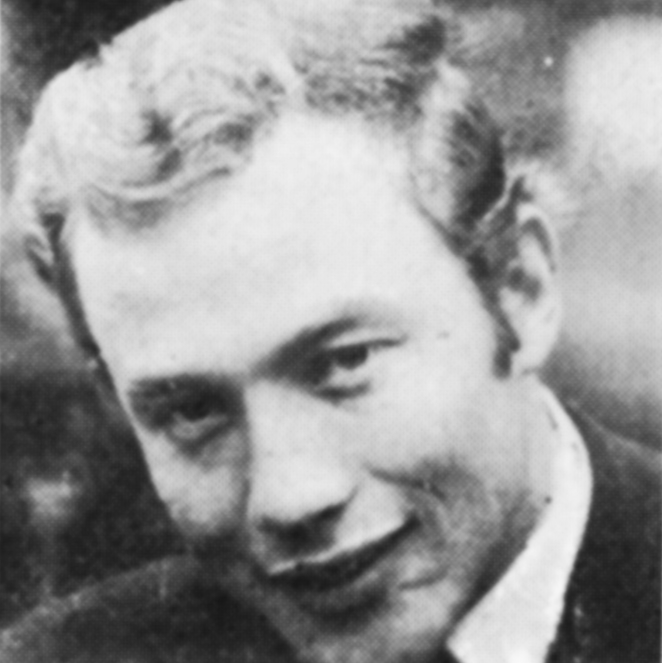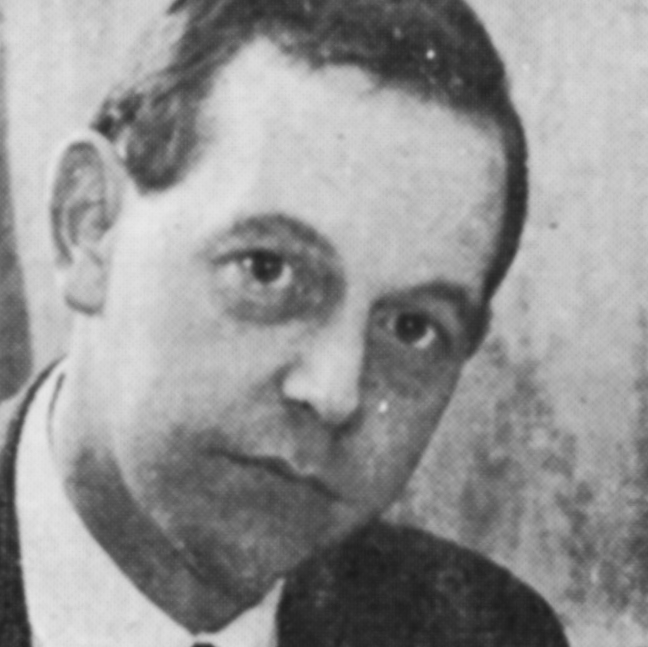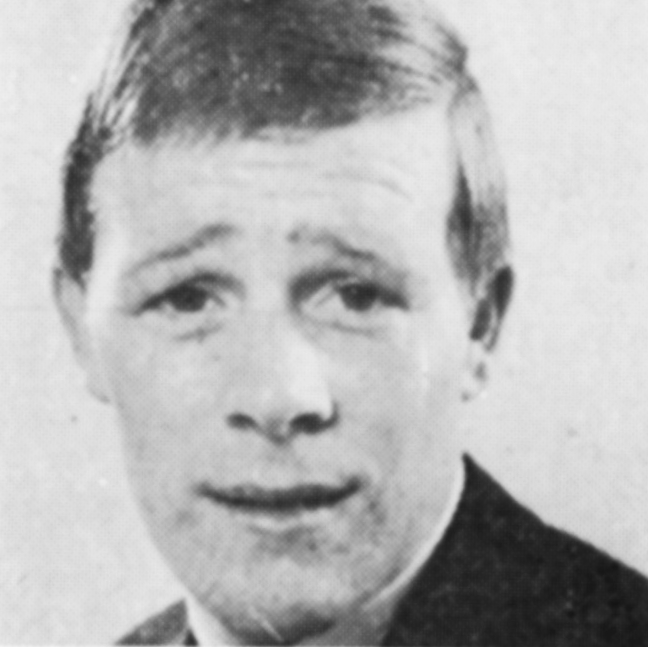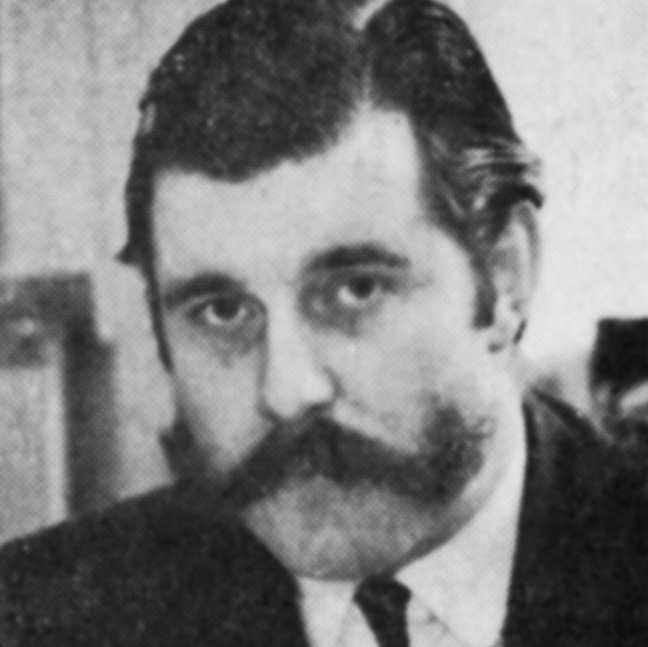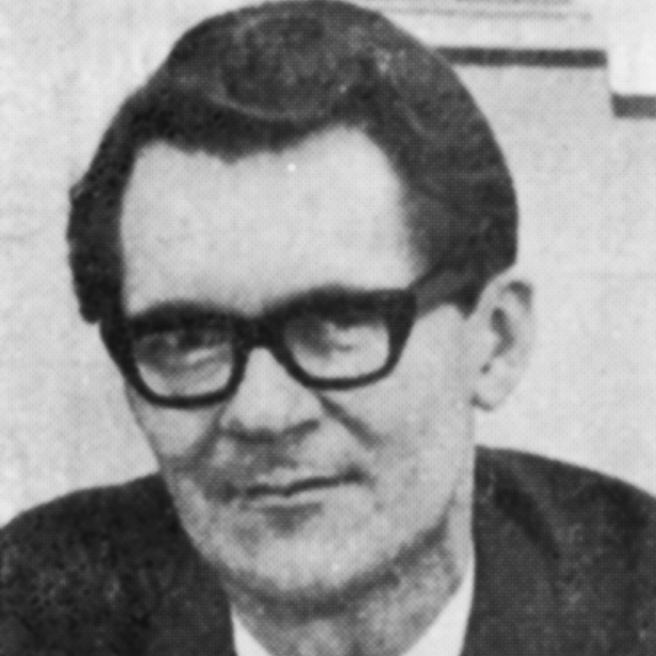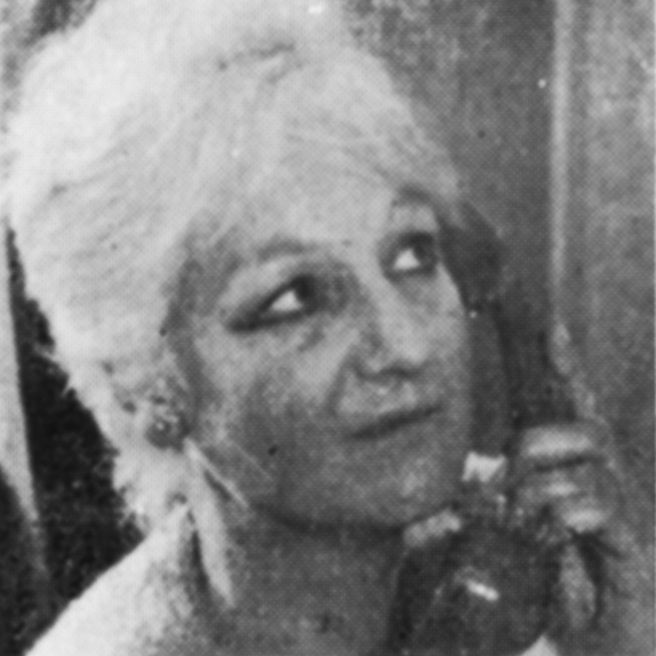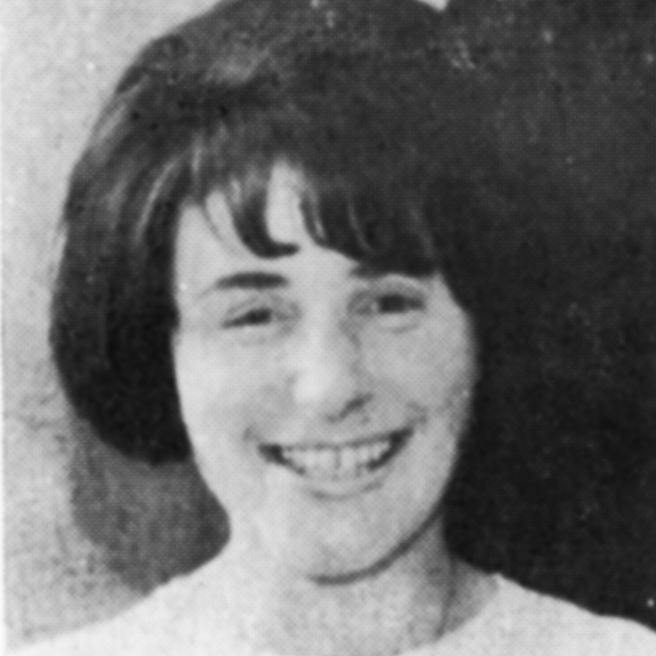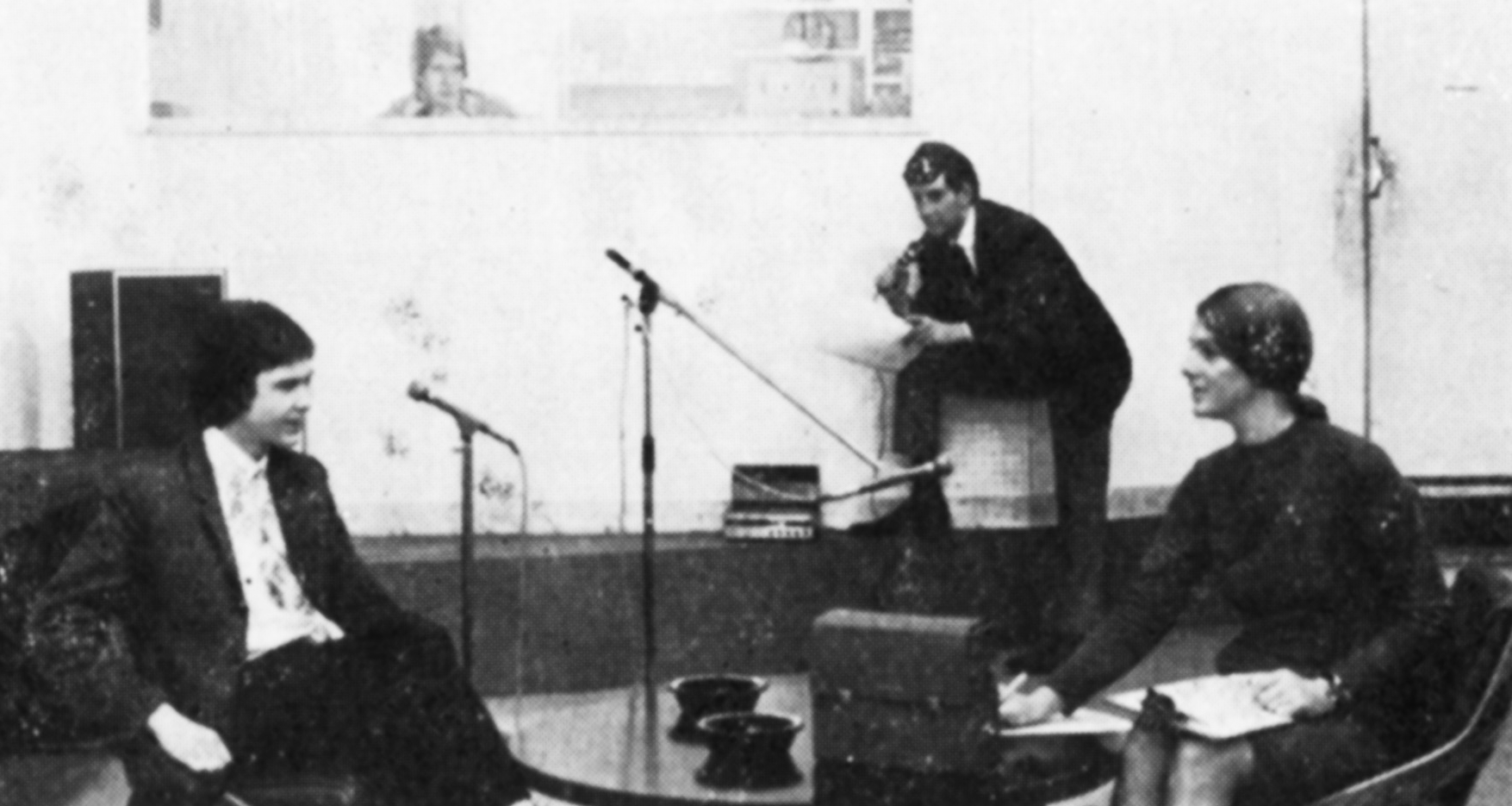Radio Scotland
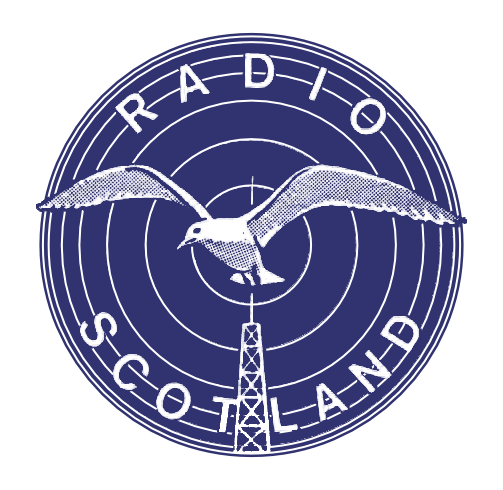
RADIO SCOTLAND

The aim of Radio Scotland is to fill a gap which has until now existed in entertainment in Scotland, to provide light music, features and informative programmes slanted towards Scotland as a nation.
That Radio Scotland has succeeded in so doing is conclusively proven by official statistics, issued by the National Opinion Polls organisation, and stating that Radio Scotland each week captures a listenership of 48 per cent of the adult population of Scotland.
This figure does not include listeners under the age of 16, and there are many of those.
Radio Scotland transmits on 242 metres in the medium wave, a frequency chosen with the utmost care to conform with all international regulations and to avoid interference with any other station or emergency wavelength.
Radio Scotland is one of the pioneers of commercial radio operating at sea in Europe. The world’s first commercial radio station started in America more than 25 years ago. Australia and other Commonwealth countries followed soon after that, and in the United States to-day, some states receive as many as 60 radio programmes, a choice of a kind denied the British public by political policy.
Promotions

PROMOTIONS
Promotions men Tony Jackson and Bill Fleming are responsible for the planning, organisation and running of the Clan Balls, Clan Centres and Big ‘S’ nights at ballrooms and clubs throughout Scotland.
Before joining the station Bill Fleming ran his own theatrical agency and at one time published a Scottish musical magazine.
Tony Jackson has spent most of his life in far off lands. He has motored through the Sahara and hitch-hiked to India and back working as a free-lance journalist. Tony always has a fascinating tale to tell of his travels abroad.
The department’s work includes taking parties to visit the Radio Scotland ship and supplying information about the station in answer to the hundreds of letters which come in from all over the world.
All kinds of events are run from the department ranging from a charity walk and football match to special shows.
One of the biggest events of the year is the TOP OF THE SCOTS beat contest staged all over Scotland by Radio Scotland’s Promotion department and ALP Records. Heats are held in various towns throughout the country and the finals take place in Glasgow. Big prize money, recording contracts and band equipment await the winners.
Another exciting event staged during 1966 was the fabulous Miss Radio Scotland contest. Heats were held all over the country and the grand finals took place at a big-beat spectacular in Glasgow.
242 Radio Scotland’s Showbeat Magazine

242 Radio Scotland's Showbeat Magazine
Radio Scotland, which was the first of the commercial radio stations to produce its own regional programmes, has another “first” to its credit.
It is the first station to have its own magazine. Called “242” after the radio station’s spot on the medium waveband, “242” magazine is not simply a programme journal like the “Radio Times”. It is a complete entertainment magazine in its own right, covering the musical and show business scene particularly in Scotland, but in the south and abroad when the occasion demands.
“242” also acts as a link between Radio Scotland and members of the Clan, through a column written by Cathy Spence, and through pen-pal and letters pages.
It is a successful publication which owes much to the station’s listeners, who have done a great deal to support it not only by purchasing it, but also by writing with enthusiasm with their ideas and criticisms to the editors.
Jim Blair began his journalistic career with the “Evening Times” where he pioneered a fashion column a la mod. From there he moved to Super ‘S’ and 242 Showbeat where he has become lead writer with this top-teen magazine.
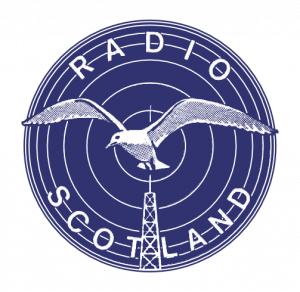
The fabulous 242 clan

THE FABULOUS 242 CLAN
The flood of mail that came into the Glasgow headquarters of Radio Scotland right from the start made it clear that Scots, particularly in their ‘teens and early twenties, regarded Radio Scotland as their very own.
They were not content merely to be listeners. They wanted to be PART of Radio Scotland. So the Clan 242 was formed. The flood of mail turned into a torrent, with requests for posters, car-stickers, badges and photographs of the disc jockeys and the ship in almost every letter. One aspect of the “fan mail” which is unusual — requests come in frequently for pictures of Mr T. V. Shields, the company’s managing director. No other managing director in the world can make this claim — unless it’s Brian Epstein.
To cater for all the new Clan members, a Clan programme was started right away, to play music for members and to pass on any news of interest. A delightful, red-haired beauty queen, Miss Cathy Spence, who has been with Radio Scotland since the inception of the station, became secretary of the Clan and interviewed on the air most of the current pop personalities, including her very good friends the Beatles.
Clan dances and balls were immediately organised, in major centres like Dundee, Falkirk, Ayr, Kirkcaldy and Edinburgh, and a chain of 242 Clan centres sprang into being.
Swinging to you …. on 242

SWINGING TO YOU .... ON 242
Radio Scotland, which transmits music, entertainment and feature programmes every day to listeners not only in Scotland, but all over Great Britain and Europe, broadcasts from a ship moored off the West coast of Scotland.
This is the “Comet”, a former Irish lightship built at John Brown’s famous yard on the Clyde. She holds the technical equipment and transmitters, and the broadcasting team of station announcers, disc jockeys and technicians.
The “Comet” took up position off Dunbar, on the East Coast, in late December, 1965. Experts immediately boarded her to complete the installation of technical apparatus which had started earlier in the Channel Islands, and at ten minutes before midnight, on Hogmany, New Year’s Eve, 1965, Radio Scotland went on the air.
Paul Young, a youthful Edinburgh actor well-known for his appearances on the Scottish stage and television screen, made the opening announcement; Mr T. V. Shields, the managing director of City and County Commercial Radio (Scotland) Ltd., made a brief statement of the company’s intent, and offshore commercial radio had arrived in Scotland!
Within a matter of days Radio Scotland found itself well-established as a new and exciting entertainment medium covering an area much wider than was originally anticipated; one surprise reaction here was the amount of mail which began to pour in from the Scandinavian countries. Not only the Scots, but also the Norwegians, Swedes and Danes found themselves with a new station giving them the kind of programming they liked.
The primary target, however, was Scotland — and the Scots were quick to react, pouring in a flood of mail requesting that records be played for individuals, for factory workshops, for hospital patients, office and shop staffs. All over the country radio receivers were moved across the dial to 242 metres on the medium waveband, and Radio Scotland’s team of disc jockeys found themselves becoming national personalities.
A few months after transmissions began, Mr Shields, as executive in charge of the entire operation, found himself faced with a tremendous problem: Radio Scotland, heard clearly up and down the East Coast of Scotland, was not penetrating all sections of the West.
And round the north <of the United Kingdom went the “Comet”. Not without adventure — for there were storms and even a fire hazard at one stage — and not without success. For not long after the “Comet” was re-moored at her new station off Troon, in the Firth of Clyde, a survey carried showed that Radio Scotland mustered a listenership of FORTY EIGHT PER CENT of the adult population of Scotland.
This meant that not only had thousands of new listeners been gained in the vital, industrial areas of the West, but that those listeners in the East who were already Radio Scotland enthusiasts had retained their keenness for their very own station.
To-day Radio Scotland is a feature of Scottish life. Everywhere you go, you can hear the familiar “Black Bear” signature
Sackloads of correspondence flow in daily from steady listeners in Ireland, in Germany, Finland, Holland, Belgium and France.
The man who ‘invented’ Radio Scotland

THE MAN WHO 'INVENTED' RADIO SCOTLAND
Mr T. V. Shields — known mostly as Tommy — is the managing director of City and County Commercial Radio (Scotland) Ltd. the man who created Radio Scotland from a dream, through phenomenal trials and tribulations, to reality.
He is a Glaswegian, a former newspaper reporter and war correspondent who became the owner of his own advertising agency in Glasgow.
During a spell as publicity manager for the dynamic millionaire, Lord Thomson of Fleet, he was preparing a biography of his employer and found out that the Thomson empire was founded on commercial radio.
Some years later, now a successful advertising man, he watched the start of offshore radio in Europe with interest, and began to plan a similar enterprise which would serve Scotland.
The station which swings to you on 242 is the result.
The task of raising capital, finding a ship and suitable transmitting equipment, and ensuring that the enterprise was legal and worthwhile, was not an easy one.
Tommy travelled hundreds of miles only to find that potential ships had sunk, had been claimed by people to whom the owners owed money, were too small or too large, or were dangerously rusty.
Working 16 hours a day, often as many as 20 hours a day, he nursed the “Comet” through the transitory period when it was a bare hull, stripped of light equipment, through the time when technicians swarmed over her like Lilliputians transforming a metal Gulliver, and through the marathon, nerve-wracking tows in which tugs took the “Comet” completely round the coast of Great Britain.
As well as supervising the mechanical installations, Mr Shields set up an administrative headquarters at Radio Scotland House, which is just off busy Byres Road, in the thriving west end of Glasgow, and organised programming and advertising sales divisions.
Despite his meticulous attention to the smallest business detail, he also found time — and still does find time — to personally reply to vast amounts of the correspondence which comes to Radio Scotland. He also handles personally the intricate arrangements necessary to operate airtime appeals for a wide range of Scottish charities.
For the technically-minded

❊ FOR THE TECHNICALLY-MINDED
The technical operation of Radio Scotland is recording studios, and the shipboard transmitting split into two distinct parts … the shore-based station.
The transmitters are mounted in the “Comet”, which is itself some 90ft. in length, and is of 500 tons displacement. Two diesel generators drive these transmitters, which are R.C.A. BIO J’s, employing the Ampliphase system of phase modulation.
Each transmitter develops 10,000 watts, and the transmitters feed via a combining network to the aerial. This gives a total power output of 20,000 watts, with the added facility that either transmitter can shut down for maintenance, and the service retained on half-power.
The recording studios, which are in Radio Scotland House, are equipped with a Pye sound-mixing desk and full recording facilities, enabling interviews, beat group and light entertainment shows to be pre-recorded and dispatched to the ship for transmission at scheduled programme times.
The disc jockeys

THE DISC JOCKEYS
The title “disc jockey” is a light-hearted one bestowed by nobody-knows-which personality on show business people who present programmes of light entertainment by record. As if you didn’t know.
It covers a multiple of pasts, a wide range of talents, and an astonishing collection of characters — not least among whom are our team of deejays.
Take Ugly Bob Spencer. He isn’t ugly at all. He’s really rather goodlooking (ask the girls who flock about him), but the “ugly” tag was given to him in the early days of offshore radio. And stuck.
Bob is the most senior of the Radio Scotland deejays, and a man of many talents — flier, lifeboatman, broadcaster, he has perfected an air-style of his very own which makes his voice instantly identifiable to his thousands of fans.
Bouncy Mel Howard, the other senior disc jockey, is a resilient Canadian with a passion for flying to Paris on his day off. Like so many colonials — he hates the term — Mel emigrated backwards and being a man of unusual talents and personality, gravitated to Radio Scotland.
Cheerful Tony Meehan is the disc jockey with the glasses. Not many people know this — he never wears them when he’s on the air. Tony has an air of sympathy all around him — he looks like he needs sympathy. So he gets it…… from the girls, natch. When word got around that he had a birthday coming up, Radio Scotland put up the barricades and stood by to be bombarded with birthday presents.
Jack McLaughlin is the deejay with the split personality. Half the time he thinks he’s actually a zany character called Yak Macfisheries, who presents one of Radio Scotland’s most successful programmes, the daily ceilidh, with a multitude of hoochs, choochs and how’s-your-grannies. His parents, Mr and Mrs Macfisheries, live in Cambuslang, and Jack was once a schoolteacher. Of course, he was once a bingo caller, too …. but there’s no truth in the rumour he used to be a candy-floss salesman in a Shanghai chip shop.
These are the disc jockeys who have been with Radio Scotland right from the start of operations; they are the voices known to millions, the faces known to thousands from personal appearances at all-star shows and church bazaars, at Clan Balls and local hops. They lead the team of broadcasters on the “Comet”.
Radio Scotland has had other disc jockeys, and hopes to have more new blood in the future. Disc jockeys are not only personalities, they are also men of character — and you can’t tie down characters.
They get restless, move on, exploit their many talents in new fields. To those who have been dee jays with the Big S, we extend a big thank-you for helping make Scotland’s station the success it is.
21-year-old Ben, an Irishman by birth, has plenty of experience as a disc-jockey. He worked round the ballrooms and clubs in the London area before he decided to come up and join us at the Super S.
Our sales department

OUR SALES DEPARTMENT
You may have heard your favourite DJ say “Telephone Western 9701 and ask for the Sales Department.” You may have wondered what we do in the Sales Department.
Apart from selling airtime to our many and important clients, without whose support there would be no Radio Scotland, we can say with quiet pride “You name it — we can do it”.
Heading our Sales Department is Errol Gardiner, a man who has had many years experience in advertising. Errol will discuss and plan with an Advertising Agency or client a proposed campaign on Radio Scotland, advising on the best times to slot advertisements to reach the listeners who are likely to be most interested.
Assisting Errol are David Sandilands and John A. Stephens. David has recently returned to Scotland from Australia, where he acquired a sound knowledge of commercial radio (and a fascinating accent). John is a true Scot, talking solid Scottish sales sense (completely unmuffled by his handlebar moustache). Together these men talk “commercials” all day, planning, rejecting, scripting and finally arriving at sounds which sell and entertain.
Brian Holden, a Rhodesian who has had many years in commercial radio and television in Southern Africa, is our Co-ordination Executive. He is responsible for scripting some of the sponsored shows you have heard — The Swel Show, Heinz Music for a Million Housewives, The Rowat’s Half Hour, to name but a few.
Glamour in the Department (apart from remarkable efficiency) is provided by Liz Kearsley and Pat O’Reilly. Liz, who is private secretary to Errol and Brian, also has a big say in some of the scripting, particularly when aimed at the housewife. A pianist of repute, you have all heard her English voice in some of our commercials. Pat, our Irish colleen, and incidentally a very fine Country and Western singer, has the unenviable task of ensuring that commercials are correctly slotted and rotated.
Our London Sales Manager, Tony Welch, who has had several years in commercial radio in the U.S.A, and Britain, could best be described as Errol’s counterpart, meeting as he does clients and agencies in England, and discussing and planning their promotions for Radio Scotland. He and his London office staff are in daily touch with head office in Glasgow, making us one of the most efficient, progressive and popular commercial radio stations in Britain.
That we could not exist without our advertisers is undisputed, but we feel that many of our advertisers have found our services of immense value to them. For example, on a recent campaign “Music for a Million Housewives,” one store in Glasgow sold in TWO WEEKS what they would have normally sold in three months — proof, if it were needed, that it pays to advertise on Radio Scotland. Many clients who have tried commercial radio for the first time are so impressed with the results that they have now become household names to our listeners.
One of the most pleasing aspects of our work is the large number of complimentary letters we receive from enthusiastic clients — (so great was the impact of one commercial that the client had to ask us to cut back for a while until supplies could meet the demand…)
…“We are amazed at the number of people who listen to your programmes, and are overwhelmed at the enquiries and the amount of business advertising on Radio Scotland brought us”…
…”We wish to place on record our appreciation of the efficient manner in which our advertising programme has been handled by Radio Scotland. This is the first time we have attempted advertising by the medium of radio broadcasting, and we are most encouraged by the response”…
…”Judging by the large number of West of Scotland visitors attending the Air Display the publicity given by Radio Scotland was most effective”… …The Retreat went extremely well and we had a large crowd, entirely due to your efforts on our behalf”…
These are just random samples from the many letters we have had showing that the new swinging Scottish sound of sixty six really SELLS.
The Case for Commercial Radio

The Case for Commercial Radio by T. V. SHIELDS
What’s the future for your radio station … for Radio Scotland? Despite the fact that this month sees the second stage of the Bill aimed at putting us out of business, I believe the storm of protest which has swept the country is causing the Government to have second thoughts on pirate radio.
Never in my life-time — and that’s been quite a while — has there been such a public demonstration of protest as there has been against the decision to ban the pirates. School-children, teenagers, young men and women, and the majority of the ‘older generation’ as well, have put their names to our ‘Save Radio Scotland’ petition.
Radio Scotland
Radio Scotland
CITY & COUNTY COMMERCIAL RADIO (Scotland) LTD.
RADIO SCOTLAND HOUSE
CRANWORTH STREET,
GLASGOW, W.2
WESt 9701

London Office:
RADIO SCOTLAND,
ROYALTY HOUSE,
DEAN STREET,
LONDON, W.1
GERrard 3654
